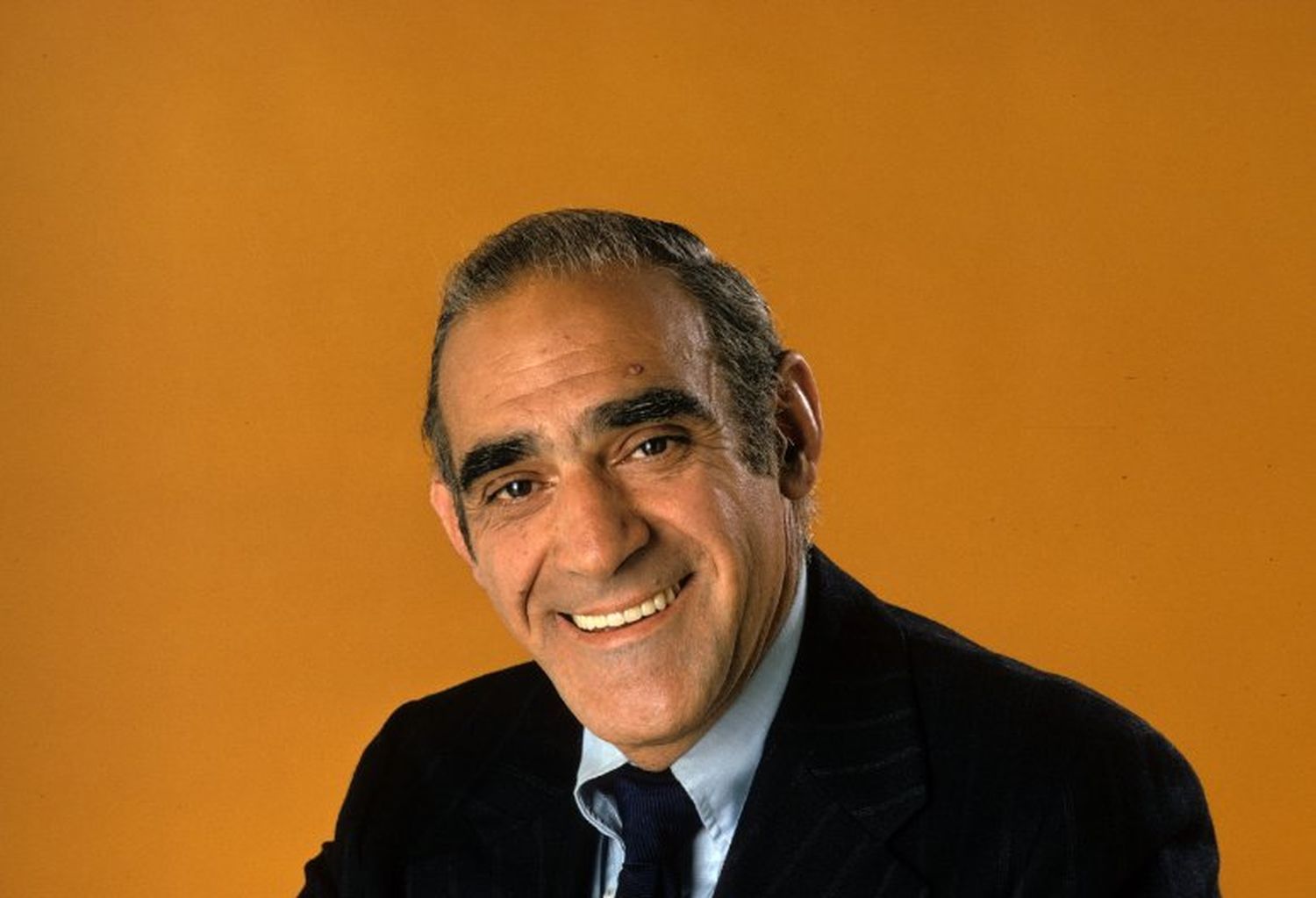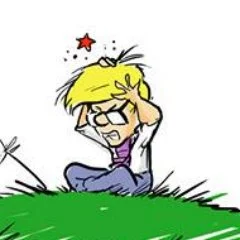The emergence of social media has destroyed all the small communities to standardize communication and information.
It’s a bit of a digital version of rural exodus. And since 2017/2018, I’ve noticed that everything that, in my opinion, represented the internet has disappeared.
I’ve known Lemmy for a few hours and I feel like I’m back in the early spirit of the internet.
Yeah its definitely just you…
https://medium.com/@darianoneil/because-the-internet-how-social-media-ruined-music-ec2022282aa4
https://listverse.com/2021/05/24/top-10-ways-social-media-is-ruining-the-world/
https://www.theatlantic.com/technology/archive/2024/01/long-youtube-videos-tiktok/677130/
https://knowyourbest.com/social-media-ruined-society/
https://greatergood.berkeley.edu/article/item/how_social_media_brings_out_the_worst_in_us
If it’s just the op, then where did all these articles come from!? Social media for ants!?
social media has destroyed the spirit of the internet?
I’ve known Lemmy for a few hours and I feel like I’m back in the early spirit of the internet.
I mean, Lemmy is social media. You might dislike centralized social media or something, but…
It’s not social media that did it. It’s monopolistic, unregulated, greedy, giant tech corporations that made the internet shitty.
Exactly, early social media was tons of fun. It was like the early internet but easier since anyone could make a profile with any info.
Then it had to be monetized. They had to glue eyeballs via attention, no matter what kind. Now it’s all rent seeking, innovation is 100% about what can produce an immediate return, no care for the long term. The grift economy…
It was not social media, that was about the people. It’s what the social media companies did in search of dollars that did it in. Greed. Full stop.
Does anybody not think that?
Social media is just a symptom of the larger problem which is the corporations prefering to build walled gardens so they can control users rather than the open protocols that defined the early internet. Back in the day, I used to call it “everything becoming facebook”.
Social media is fundamentally a moat - a wall built around a set of consumers to keep them away from competitors. Investors love moats. If you whisper as quietly as you possibly can to yourself “I found a company with a wide moat that no one is talking about yet” JP Morgan himself will literally burst through your wall like the Kool Aid Man. They love it because it avoids competition, and as much as competition is the whole point of capitalism, it’s the last thing an actual capitalist wants to deal with.
A big part of what made the early internet super valuable was the opposite of moats: open protocols. For example how GMail can send email to Yahoo or any other email provider. If Google had their way, that’s not how email would work at all - you’d need a google account to both send and receive emails. That’s why these companies have been trying to kill email for ages, trying to get people to use their own proprietary messaging systems instead, where you can only send to others with an account. Then they could capture you and keep you all to themselves.
Which brings us to the fediverse. The fediverse is an attempt to return to open protocols rather than creating a moat around a group of users. In many ways it’s like email - your email provider might cut off a server if it’s just sending spam all day, and this is basically defederation. But otherwise nothing stops you from communicating with anyone, and that’s how it should be.

Give me back my ICQ and Prodigy Internet you damned Gen Z!
You don’t consider Lemmy to be social media?
For me, “Social Media™” requires algorithm based media to be delivered to you without your input and heavy advertisement model attached that introduces corptate bias.
Lemmy is more like a fancy forum. Not quite the same as old bbs forums, but still better then twitter, facebook and whatever the hell reddit is becoming.
It’s not 2017-18 social media, friend. It’s just late state capitalism.
And the lion’s share of it can be traced to increasing real estate and rent prices.
Small forums always did exist and always will exist. That cannot and will not change
This is true, though internet gatekeepers can keep people from being able to find these forums.
The extent to which that’s possible is debatable.
I think it’s simply that there’s less incentive to find or to host those small forums.
It’s clear, but I have the impression they were abandoned in favor of social networks…
The internet has always been a collection of social media platforms: bulletin boards, Usenet, IRC, people hosting little personal sites and making contact with each other via email, etc. It got bad when big money arrived and brought in the general public. First is was platforms like AOL’s chat rooms and forums, and later things like Facebook and Twitter. We are all living in eternal September now.
Exhibit A: this t-shirt from 1994

What was the state of the internet in 1994 that it would cause such resentiment?
“A cultural phenomenon during a period beginning around late 1993 and early 1994, when Internet service providers began offering Usenet access to many new users.”
"The flood of new and generally inexperienced Internet users directed to Usenet by commercial ISPs in 1993 and subsequent years swamped the existing culture of those forums and their ability to self-moderate and enforce existing norms. AOL began their Usenet gateway service in March 1994, leading to a constant stream of new users.
Hence, from the early Usenet community point of view, the influx of new users that began in September 1993 appeared to be endless."
I think that you left out the part that explains why it’s called September. Every year, when first-year university students got their hands on the internet for the first time, they would rampage through the noble message boards with their barbarian netiquetteless ways. Many dreaded the annual influx of newbies, and their worst nightmares were finally realized when the internet was opened up to the greater public.
My reflection on that period would lead me to suggest it was the mass “normie” invasion of nerd-space and the promotion of low-effort participation. I don’t remember anything specific about that particular timeframe, though.
The internet was better when it wasn’t big enough to be worth monetizing. And the signal to noise ratio has generally grown exponentially with participation. Which makes sense if you think about it.
My reflection on that period would lead me to suggest it was the mass “normie” invasion of nerd-space and the promotion of low-effort participation. I don’t remember anything specific about that particular timeframe, though.
So ultimately the sentiment has never changed?
Eternal September refers to September 1993, when a popular internet service provider (AOL) provided easy access to Usenet for its users, which immediately threatened the existing culture and lowered the quality of discourse.
94 was when it really took off and the hoi polloi started tuning in.
https://ourworldindata.org/internet
Be easy to make an argument for a few years later, but 1994 has always stuck in my mind as the take off point. By then there were “information superhighway” items all over the news, everybody got AOL disks, Windows 95 was right around the corner to take the pain out of PCs, stuff like that. That’s the year I’d point to and say the internet was no longer a nerd thing.
1994: I was still fiddling with a 286 (WITH a math coproccesor I installed!), way beyond my skills at the time. LOL, my gf and I had to drive across town a beg a local IBM guy to give us a copy of the BIOS on a floopy when ours crash. He acted like Neo giving Choi the disk, “Yeah, I know. This never happened. You don’t exist.”
The nerds got their wish granted in the most monkeys-paw way possible. For 20 years or so, computer nerds were trying to tell everyone about the internet. They saw the potential and what it could be. They were early adopters, and they wished that everyone could appreciate this wonderful thing they had discovered or helped invent.
Well, they got their wish…
This has been the majority take since like 2015 or so. It’s very eternal September-adjacent as well, in that everybody thinks their vision of the Internet is the correct one and everyone else is a poser or just wrong and ruining it for them.
I think you’re confusing social media and late stage capitalism. Social media hasn’t done anything to anyone, capitalism has used social media to further its own ends.
No, not the only one -
The internet is just a microcosm of social media’s destruction of our entire social fabric
I like very much the comparison you made of a rural exodus; inspiring!











